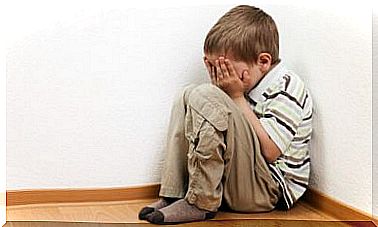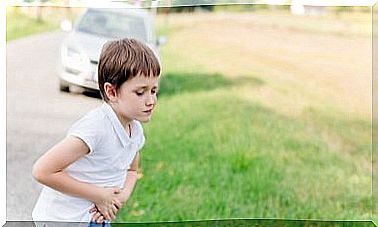What Is Conscious Discipline
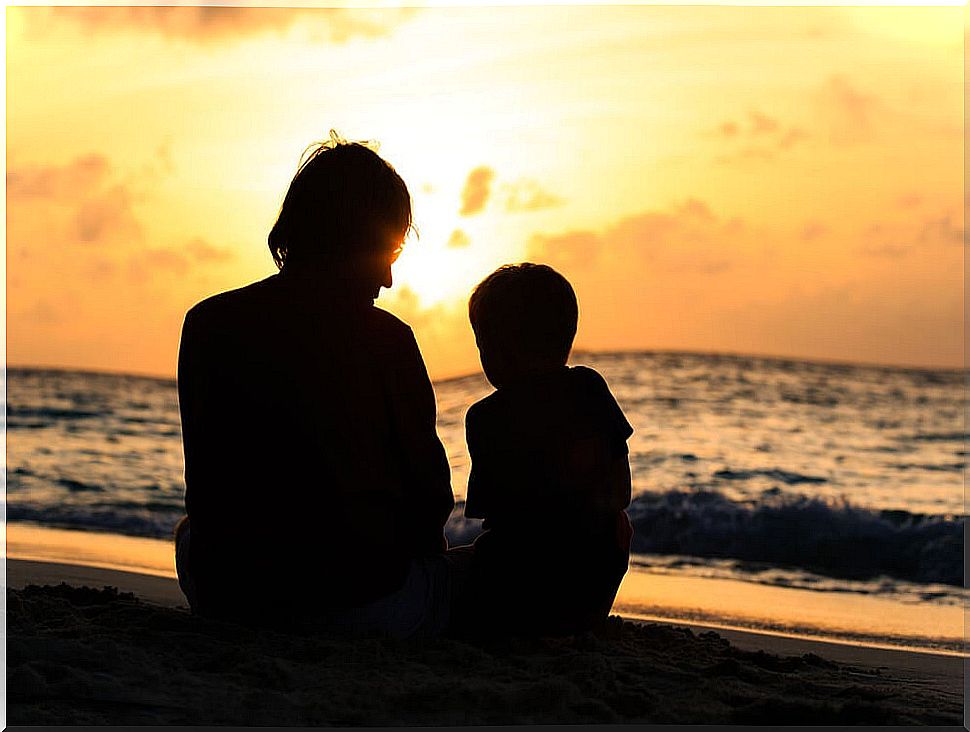
Conscious discipline is not that it is a fashionable discipline, but that it is a type of discipline necessary for the good education of children. As parents, we want to provide our children with the tools they need to have a happy and healthy life.
Parenting has changed since the time of our own childhood. We have access to more parenting information and resources than our parents did when they raised us. A philosophy and resource for parents that is having a tremendously positive impact on both children and the adults who support them is called mindful discipline.
What is Conscious Discipline?
It is recognized as one of the best social-emotional programs available to both schools and parents. Mindful discipline is a social-emotional program that teaches children how to regulate and manage emotions to make safe and healthy choices.
But the first focus is on the parents. In other words: to better help our children with this approach, we must first do the work on ourselves and on our own emotions. Only in this way can we be able to help children feel their emotions and work on them.
Conscious discipline versus traditional discipline
Conscious discipline takes a very different approach to discipline from the way we might have experienced it in our own childhood. It has to do with connection more than punishment.

When we think about how parents have traditionally responded to the great emotions that children feel and display, we can recall reactions that ranged from being angry to minimizing feelings and worries.
Conscious discipline teaches adults to control their own emotional responses with children so that they can be present in this moment, connect with the little one, and then work together through the feelings the little one has.
Dr. Becky Bailey, author, educator, and creator of Mindful Discipline, discusses how parents need to rethink discipline and control ourselves before dealing with our children’s behavior. It takes a mindset shift from how we were raised not to think of discipline as punishment, but to think of discipline as an opportunity to teach lost skills.
Parents use the tools to control their emotions and, in turn, release that calm to their children. The skills this discipline teaches will ensure that the child remains connected with the parent while the parent teaches and guides the child.
Based on research on the human brain and child development, mindful discipline was designed to make changes in the lives of adults and then children. Therefore, this approach can be really beneficial for the whole family.
Why You Should Use Mindful Discipline At Home
Sometimes the discipline used in parenting can make us feel frustrated or out of control. We may even feel like we are failing as parents. If any of these situations occurs in your home, then conscious discipline is necessary in your upbringing:
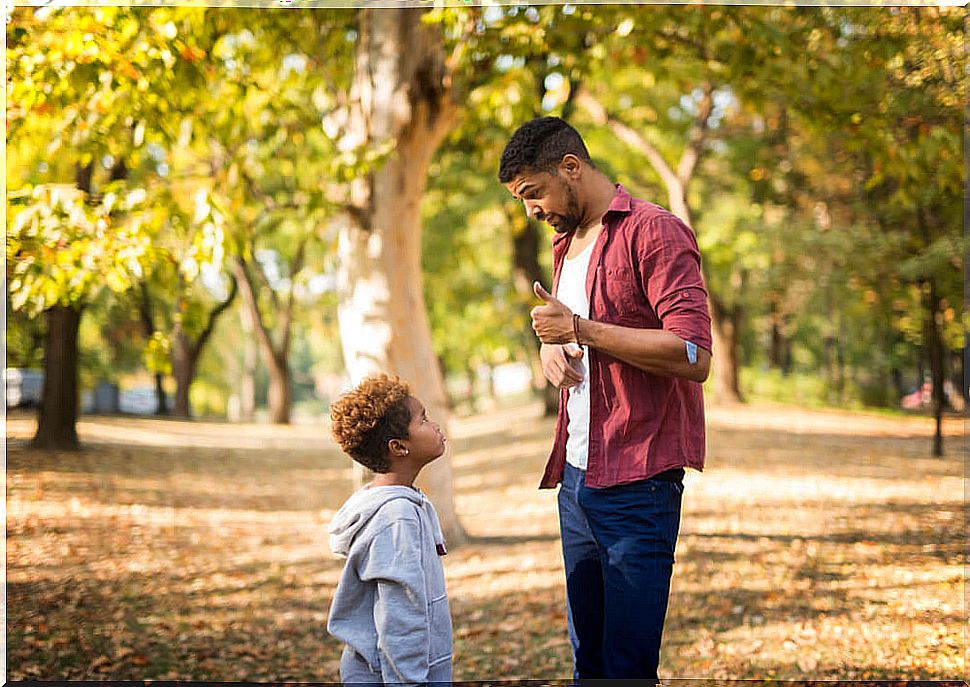
- Fight for power.
- Disobedience.
- Verbal attacks.
- Intimidation.
- Physical aggression.
- Difficulty keeping your child on homework.
This discipline can remove frustration and feelings of helplessness from these everyday parenting moments and turn them into teaching moments.
What are the seven discipline skills?
According to conscious discipline, there are 7 skills that adults need to feel as powers and that they become aware of them and their importance for parenting:
- Calm.
- Cheer up.
- Assertiveness.
- Options.
- Empathy.
- Positive attempt.
- Consequences.
The consequences in conscious discipline
In traditional discipline there are usually consequences, but this type of discipline has a different approach. Conscious discipline, first, provides the child with a sense of security, compassion, and connection. When we, as adults, maintain control of our emotions and use the seven skills, we model the skills we hope to teach.
Not only can adults and children feel better and learn from each other in these teaching moments, but we can also provide our children with a foundation to learn and grow as people on a different level. A child with social emotional skills can learn anything.
Therefore, using mindful discipline tools will not only help your child gain emotional intelligence, but will also prepare him for success in a school setting.
Create a safe place
Creating a safe place for your child is a key component of mindful discipline. A safe place is NOT a waiting time. Instead, this is a designated space that you go to with your child to help him change his internal state from annoying to composed.
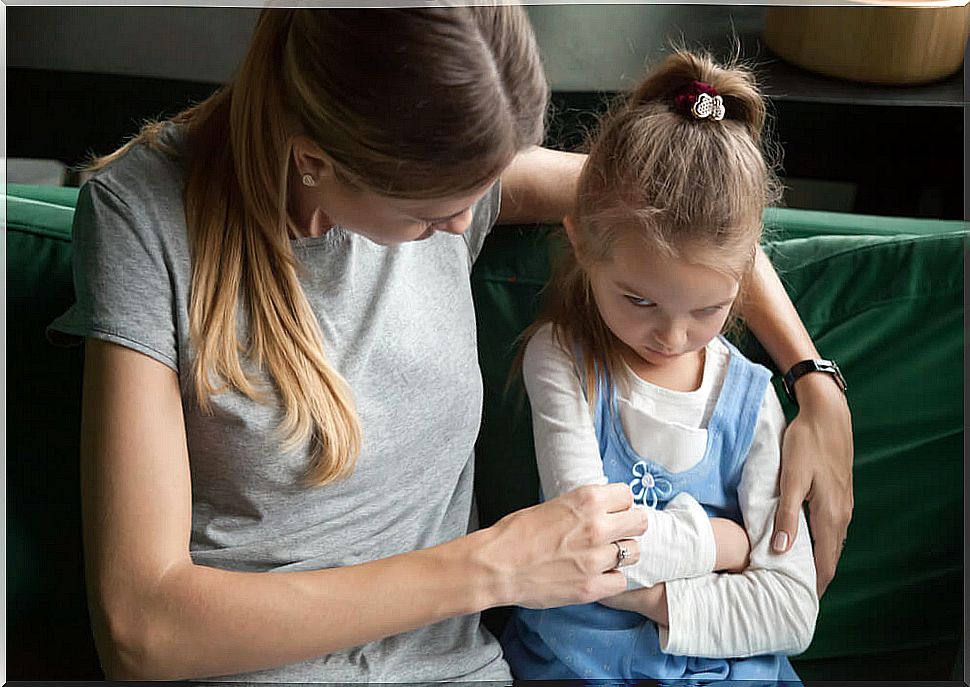
This space can be something like a cozy corner, a beanbag chair or a soft mat. Here you motivate your child to breathe or use a relaxing tool. This is a place to practice getting out of the big emotions, and it is a space that you can encourage your child to visit when feeling sad, angry, or frustrated.
Conscious discipline strategies
What are some mindful discipline strategies that parents can try right away? Don’t miss some ideas:
- Model the behavior you would like to see in your children. Show self-control in difficult times or when childish behavior provokes you.
- Take enough time to understand your child’s developmental stage so that you can see things from their perspective.
- Tell children what you expect of them instead of telling them what not to do.
- When children act bossy or cruel towards others, always pay attention to the victim first to train her, to learn how to deal with the situation. Next, reach out to the child who is acting cruel and help him practice clear limits and how to communicate in a more helpful way.
- When children don’t seem to hear you, don’t yell at them to get their attention. Go to them and make eye contact to form a connection.
- When you help your child develop social-emotional skills through mindful discipline, you are equipping him with tools that can help him thrive and learn. With this discipline your home will be much more harmonized and you will feel good with each other.





